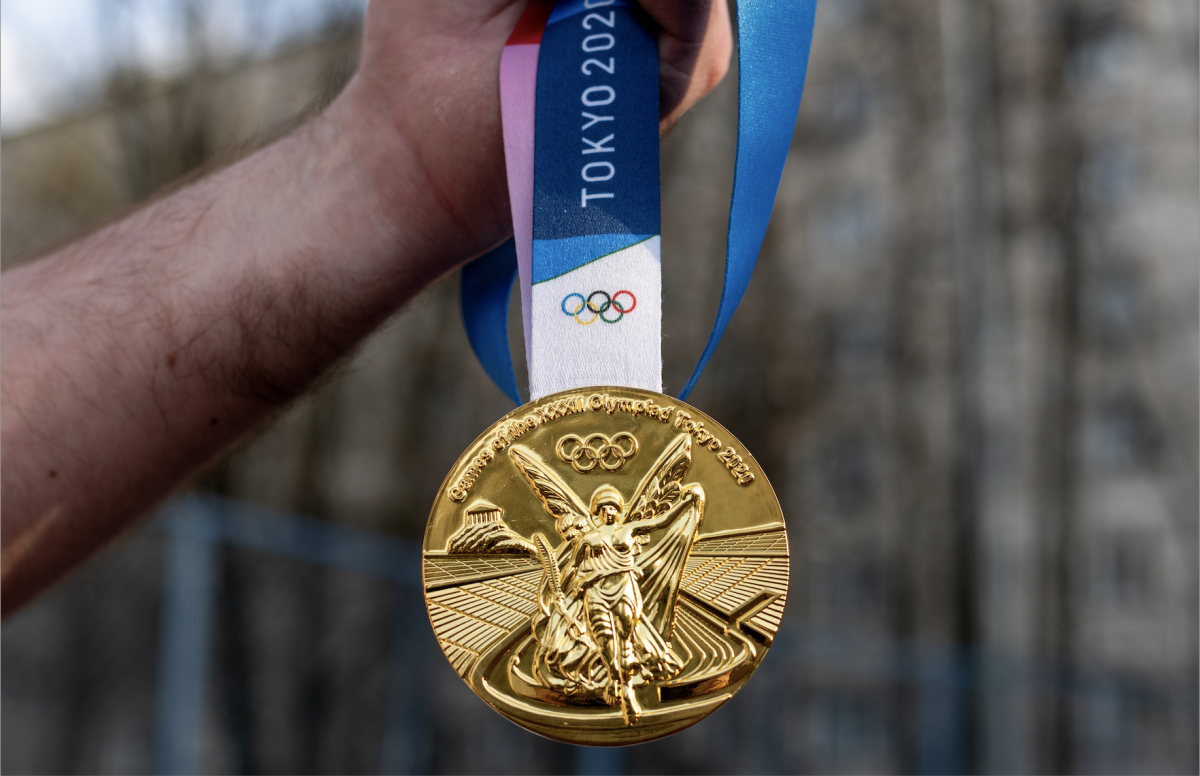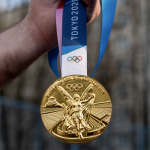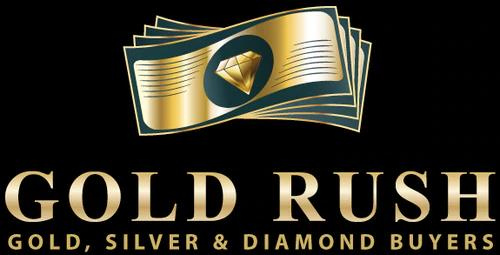Determining the worth of an Olympic gold medal depends largely on how you think about value. Some people would say that the prestige of owning one makes it possibly invaluable. However, there is also a real-world cash value attached to an Olympic gold medal. Furthermore, there are multiple ways to evaluate what an Olympic gold medal is worth.
Olympic Gold Medals Through the Years
It may surprise you to learn that the earliest Olympics were not made from any gold. In 1904, the Olympics were held in the United States in St. Louis, Missouri, and it was during these games that the gold medal made its debut appearance. It was only during the 1904 games and the two following Olympics, held in London and Stockholm, that gold medals made from solid gold were awarded to first place athletes.
Producing solid gold Olympic medals quickly became cost-prohibitive, and following the 1912 Olympic games, gold medals were made from silver plated with gold. The thickness of the plating has varied quite a bit over the years, and generally, the older medals contain more gold and may subsequently be more valuable than modern Olympic gold medals.
Assessing the Value of Olympic Gold Medals
Due to the variations in materials as well as the rarity and prestige attached to possessing an Olympic gold medal, there are a few ways to assess its value: material value, the potential for endorsement deals, and auction price. In most cases, the value of an Olympic gold medal is measured by how much someone is willing to pay for it; oftentimes the least amount of value is attached to its material itself.
Potential for Endorsement Deals
If you happen to be an athlete that won the Olympic gold medal, you will likely find that your medal has quite a bit of value when it comes to securing endorsement deals. Everywhere you look you see Olympians promoting products from cereal to sporting goods and everything in between. Olympic gold medalists are perceived as real-life superheroes, and brands both big and small are excited to work with champions. The earning potential from television appearances, spokesperson opportunities, and coaching jobs greatly exceeds any tangible value.
Auction Price
It’s often the case that Olympic gold medals have tremendous value attached to them as collectibles and may be worth quite a bit of cash by way of an auction. There are several factors that influence the price a bidder is willing to pay at auction for an Olympic gold medal. First and foremost, the athlete who won the medal is a key factor, as well as the particular Olympic games during which it was won. Bidders may also be swayed by whether it was one at the Summer Olympics or the Winter Olympics. If the athlete’s gold medal win was coupled with a record-breaking performance or any other important piece of Olympic history, that will also have an impact on the auction price.
Material Value
For the most part, the material value of an Olympic gold medal is fairly straightforward. Calculating the material value is essentially a math equation based on a few key variables: the types of precious metals used to produce it, the purity of each type of metal, and the weight of each type of metal. An experienced precious metals dealer will be able to accurately assess these different factors to give you the best possible payout based on the gold medal’s material value.
Sell Your Olympic Gold Medal at Gold Rush Denver
In some cases, selling your Olympic gold medal for cash may be your best option, especially if it’s an early medal made with a larger percentage of 24k or 14k gold. If you’ve decided that you’re ready to sell your gold medal for cash, Gold Rush Denver’s team of experts is standing by to provide you with a free evaluation.
With seven locations, Gold Rush is Colorado’s most trusted source for selling precious metals. We pride ourselves on professional and personal service, and that’s why our clients have ranked us number one. We offer free consultations and aim to give you the absolute highest payout on your Olympic gold medal every single time.































